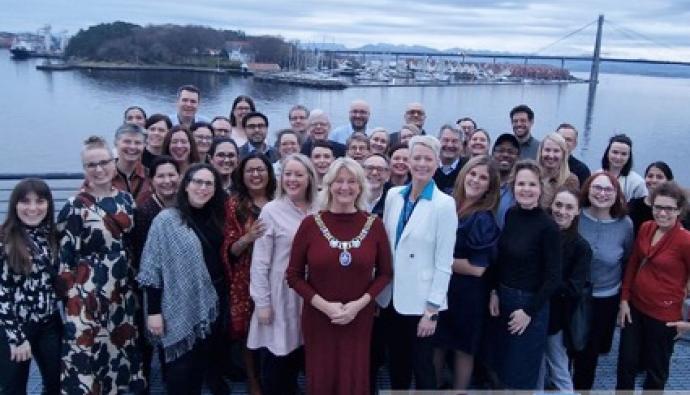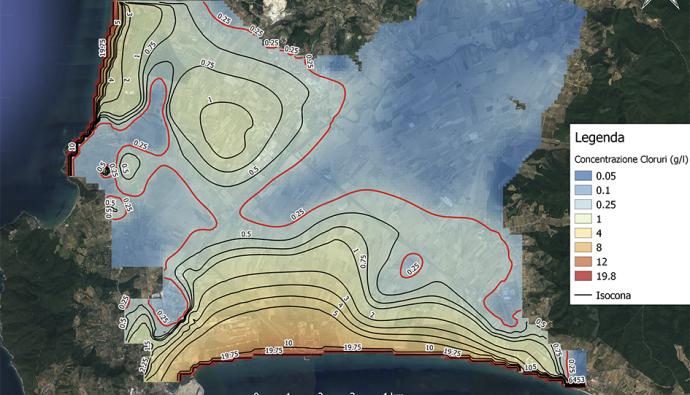AGRICULTURE: STRATEGIES TO REDUCE GREENHOUSE GAS EMISSIONS AND MINIMIZE THE IMPACTS OF CLIMATE CHANGE, LIFE+IPNOA PROJECT INTERNATIONAL WORKSHOP AT SANT’ANNA SCHOOL ON OCTOBER 13, 2016

The LIFE+IPNOA (“Improved flux Prototytpe for N2O emission from Agriculture”) project started in 2012 organized its final international workshop on “Climate change mitigation, a major challenge for agriculture” at Sant’Anna School of Advanced Studies in Pisa on October 13 (2.30 PM, aula magna).
The “Best Practice Guideline for Agriculture” to reduce nitrous oxide (N2O) emissions, and the project final results will be presented on the occasion of today’s meeting. The Guidelines provide guidance to professionals and technicians, agriculture investors and politicians.
This workshop offers an opportunity to focus on measures and efforts made to reduce N2O emissions from integrated areas (agricultural fields, meadows, and forests) according to the results of national and international research projects which will be presented in the afternoon sessions.
The Europe 2020 Strategy and LIFE+IPNOA project for sustainable and inclusive growth ask the Member States to reduce greenhouse gas emissions by 20% (respect to 1990 emissions), increasing the share of renewables in the EU's energy mix to 20%, and achieving the 20% energy efficiency target by 2020. In Italy, the overall nitrous oxide emissions (70%) come from agriculture through soil management and nitrogen fertilization.
The West Systems srl company, in the framework of LIFE+IPNOA project coordination, has developed two instruments for measuring, mapping and monitoring gas fluxes from soil. The Sant’Anna School Institute of Life Sciences determined the N2O fluxes and conducted tests at the Centro di ricerche agro-ambientali Enrico Avanzi (Pisa), and at research farm “Terre regionali toscane” Cesa – Arezzo, to identify the best agro-ecosystem management practices and reduce agriculture emissions in Tuscany.
The ‘Low input’ farming systems reducing greenhouse gas emissions proved to be an opportunity to develop sustainable agriculture. A decreased use of external inputs such as mineral fertilizers and pesticides is possible also when adopting farming systems with reduced reliance on external inputs by recycling wastes as nutrient source and using nitrogen-fixing plants.



